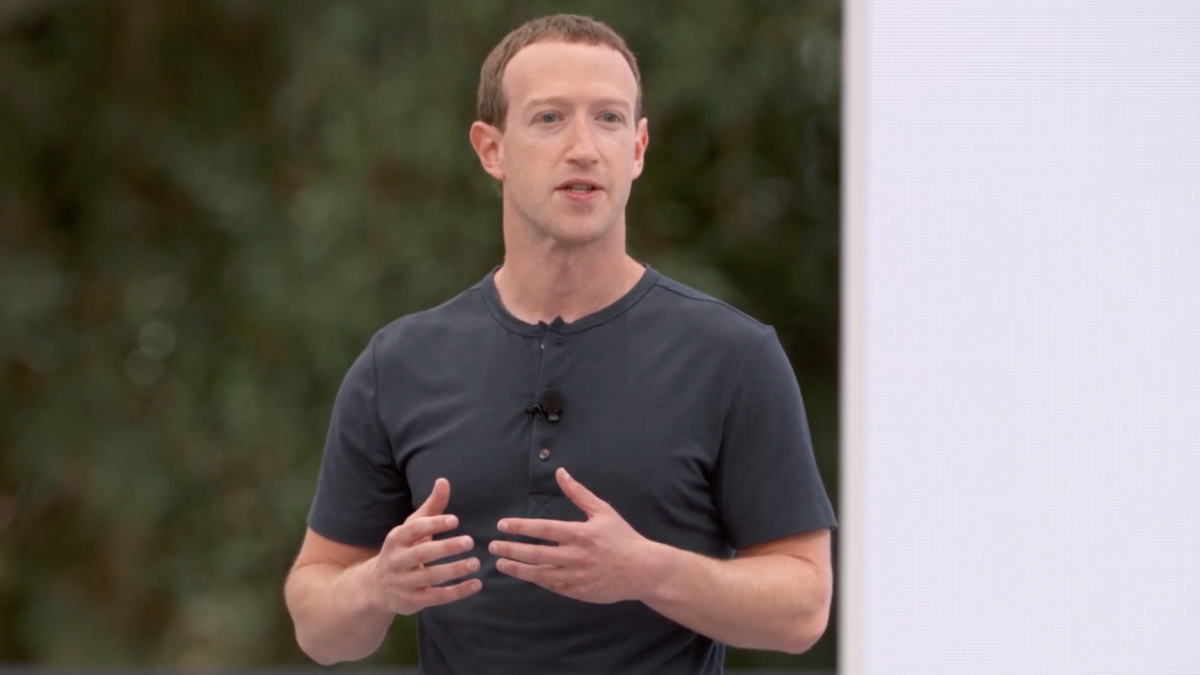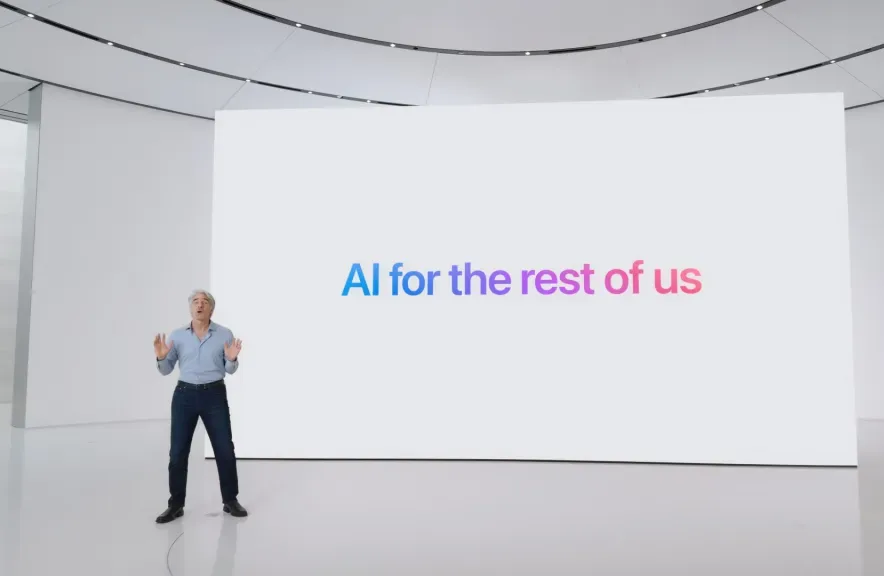Less than a week into his presidency, Donald Trump was briefly involved in his first international tariff dispute. The target was not China, Mexico or Canada – frequent subjects of his ire – it was Colombia, one of America’s closest allies in South America.
Colombia’s crime was refusing to allow two American passengers carrying deported migrants to land because they were military personnel, not transport aircraft. That was enough to prompt Trump to threaten to drop the hammer.
“We will not allow the Colombian government to violate its legal obligations regarding the admission of criminals forced into the United States,” Trump posted on his social media post.
On top of the 25% tariffs he said he would impose, Trump said the United States would introduce a travel ban and “immediate visa denial” on Colombian government officials, as well as its allies and supporters.
But later, the White House said Colombia had now agreed to accept migrants arriving on US military aircraft “without restrictions or delays.” As a result, the United States will not go ahead with the tariffs.
In his first week in office, the US president appeared to prioritize executive action on immigration over trade measures – even if the latter was a key campaign promise. As if to drive this point home, Trump now appears ready to punish countries seen as not being sufficiently supportive of America’s new immigration policies.
It serves as a warning to us allies and adversaries alike: If you do not cooperate with the United States, the consequences will be severe.
Colombia backed away from the tariff war, but the tactic poses a test for the new Trump administration.
If future sanctions lead to higher US consumer prices, will the US public target? Would they be willing to tolerate some of the financial pain incurred to advance Trump’s immigration priorities?
The United States imports about 27% of its coffee from Colombia, according to the USDA, as well as other commodities such as bananas, crude oil, avocados and flowers. Coffee imports alone are worth around $2bn (£1.6bn).
Colombian President Gustavo Petro had initially responded by saying that his country would accept citizens repatriated on “civilian planes, without treating them like criminals.”
It’s no secret that Petro doesn’t like Donald Trump — he’s harshly criticized his policies on immigration and the environment in the past.
In a lengthy response on
Petro went on to describe himself as “stubborn” and said that although Trump might try to “carry out a coup” with “economic might and arrogance,” in short, he’s fighting.
Most importantly, Petro said: “From today, Colombia is open to the whole world, with open arms.”
This is something that should worry an American president who wants to address immigration. Incoming administration officials made clear that this mission would require looking beyond the Mexican border.
Christopher Landau, Trump’s choice for deputy secretary of state, has long argued that “working with other countries to stop these migrant flows” should be a “global imperative for American foreign policy.” Sunday disagreement may make working together less likely.
Tens of thousands of migrants each year from around the world, from India to China, head north toward the United States after landing in South America and traveling through Colombia via the Darien Gap—a major choke point north of the Panama-Colombia border. It is a dangerous journey usually facilitated by criminal gangs.
In response to Trump’s actions, President Petro noted that if talks on managing immigration through Darien are suspended, “illegal activities will increase.” These comments could be seen as a veiled threat from more undocumented immigrants on the way.
Petro was quick to say that his country would not reject the citizens of Colombians deported from the United States — they should only receive “dignified treatment.”
Even after Colombia acted to defuse the row, he said a dialogue would be maintained “to guarantee the dignity of our citizens.”
But these types of tariffs are a test of will — and could be applied to other countries that do not agree to US demands. From the looks of it, this is just Trump’s opening move.
https://ichef.bbci.co.uk/news/1024/branded_news/508b/live/9fbc1000-dc3e-11ef-9e41-8dfed29373bc.jpg
2025-01-27 06:47:00







